About Us
Advertise With Us
RSS Feed | Content Syndication
Terms & Conditions
Privacy Policy
Contact Us
BollywoodShaadis.com © 2025, Red Hot Web Gems (I) Pvt Ltd, All Rights Reserved.
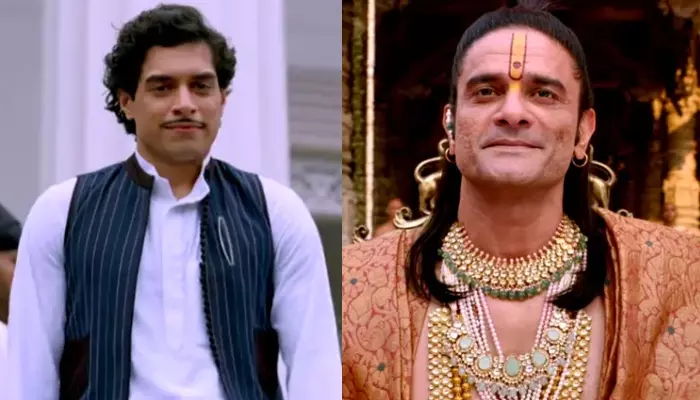
Maharaj was released on Netflix on June 21, 2024, and created a stir on the internet. The film was directed by Siddharth P. Malhotra, an ace filmmaker who has previously directed films like Kal Ho Naa Ho, Hichki, and many more. The film also marked the acting debut of Aamir Khan's son, Junaid Khan, in Bollywood. While Junaid portrayed the real-life characters of Karsandas Mulji, Jaideep Ahlawat played Jadunathji Brijratanji Maharaj.
As soon as the film's original release date, June 14, was announced, several members of the Vaishnav Pushtimarg sect, Vishwa Hindu Parishad, and Bajrang Dal opposed it and even sent a notice to the makers. However, after much controversy over Maharaj's release, the Gujarat High Court dismissed the interim stay on the film's release and clearly stated that it doesn't target the Vaishnav Pushtimarg sect.
Recommended Read: Reema Lagoo's Bittersweet Life: Accepted Ageism, Love Story At A Bank, Amicable Divorce, Death At 58

After finally being released on Netflix, Maharaj received many positive reviews. While most people lauded Junaid Khan's acting, viewers were also stunned by Jaideep Ahlawat's physical transformation. For the uninitiated, Jaideep played the character of 'Jadunathji Brijratanji', while Junaid Khan impressed the audiences in the role of 'Karsandas Mulji'. Both the characters are real, and the film is based on the infamous Maharaj Libel Case of 1862.

Before we get into the details of the Maharaj Libel Case of 1862, let's talk about Jadunathji Brijratanji and Karsandas Mulji a bit more. Back in the 1800s, there was a journalist named Karsandas Mulji, who started his own magazine, Satyaprakash in 1855. He was a fearsome journalist, who always reported the truth, and according to multiple reports, he started his own magazine so that he could have the freedom to talk about society's major evils.
Continue reading below
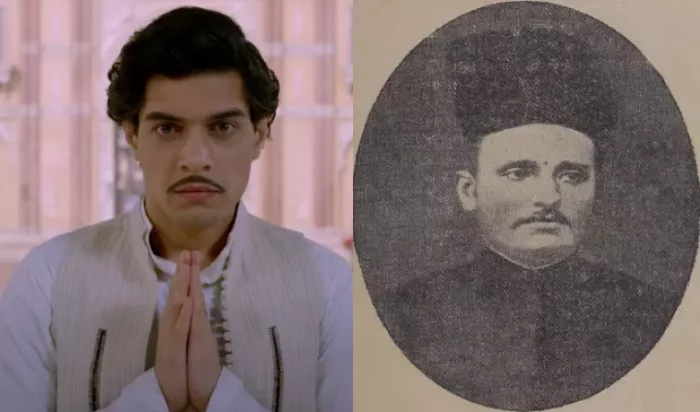
Karsandas Mulji was a follower of the Pushtimarg sect, which Vallabhacharya founded in the 16th century. By the turn of the 19th century, the Pushtimarg sect had become quite popular in western India, as its spiritual leaders, known by the title of 'Maharajs,' started getting way too popular across India. The followers believed in their Maharajs wholeheartedly and even gave Maharajs considerable power over themselves.
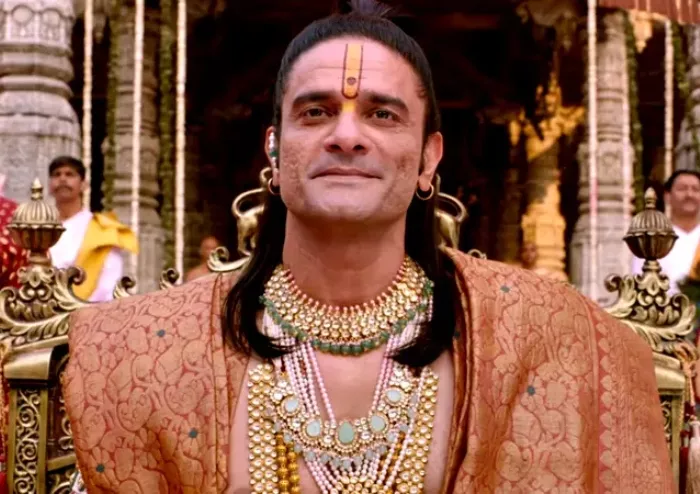
Not only this but soon, the Maharajs told their followers that they were the reincarnations of Lord Krishna, due to which many rich people used to donate huge sums of money to them as a token of respect and devotion to them. The Maharajs used to live a lavish life and often faced allegations of sexual misconduct with their female followers. After years of patience and analysing the workings of Maharajs, Karsandas Mujli published an article in 1861 that created a stir across India.

The fearsome journalist, Karsandas Mujli titled his piece with an explosive title that reads "Hinduono Asal Dharma ane Haalna Pakhandi Mato," which translates in English as "The Primitive Religion of the Hindus and the Present Heterodox Opinions".
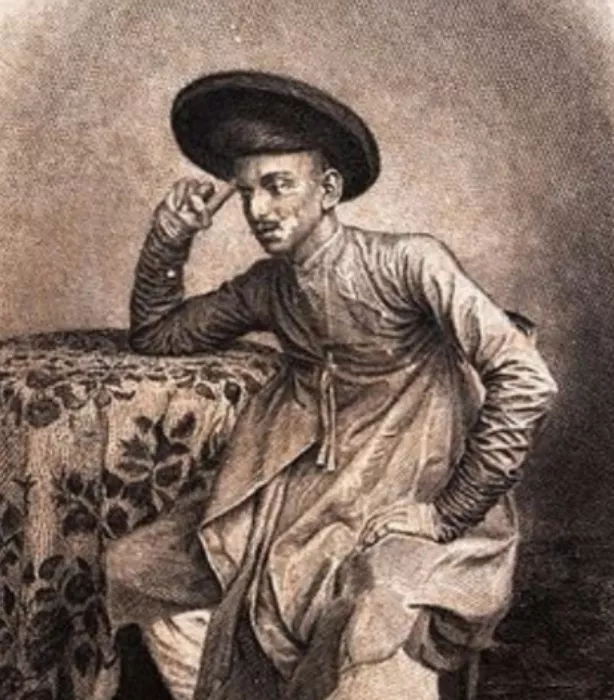
In his editorial piece, Karsandas accused Jadunathji Brijratanji Maharaj of having sexual alliances with their female followers. The Maharaj filed a lawsuit of Rs. 50,000 against Karsandas in 1861 for tarnishing his public image and hurting the sentiments of his followers. After Maharaj filed a defamation case in the court, the case was titled 'Maharaj Libel Case of 1862'.
Don't Miss: Kalki 2898 AD's Cast Fee: Here's How Much Money Prabhas, Amitabh Bachchan, Kamal Haasan Charged

The case caught the attention of an entire nation, and when it was revealed that Karsandas Mulji was the man, who started it all, the journalist received a lot of death threats from unknown people. However, as the trial went on, missionary orientalist scholar, John Wilson and Indian physician, Bhau Daji examined Jadunathji Brijratanji Maharaj and revealed that he had syphilis, a sexually transmitted infection. A lot of witnesses came forward and confirmed that he was indulged in erotic escapades.
You May Like This: National Award Actress, Marriage To Famous South Indian Star, Homeless Post Divorce, Duped By Mother
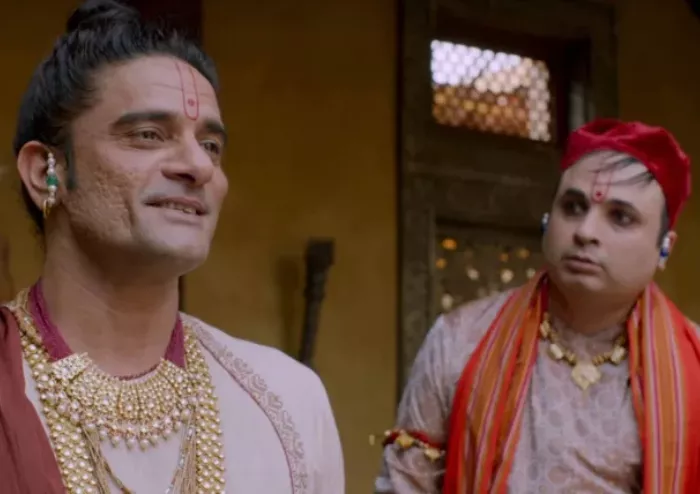
Not only this, several women claimed that Jadunathji Brijratanji Maharaj had exploited them sexually, and it was enough to bring Maharaj's dark reality in front of his die-hard followers. After a series of hearings, the Maharaj Libel Case of 1862 came to a close on April 22, 1862.
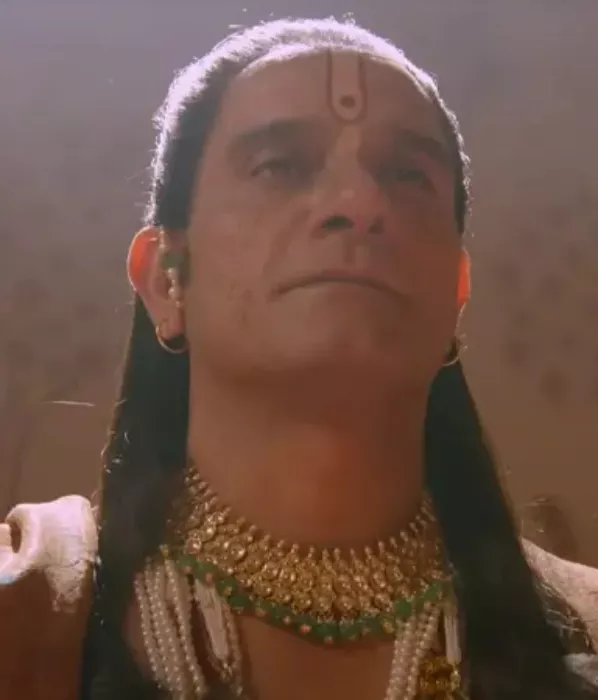
The court announced a judgement in favour of brave journalist, Karsandas and awarded him a sum of Rs. 11,500 as compensation for the total expenditure of Rs. 14,000, which he had made during the trial. The Maharaj Libel Case of 1862 is often considered as one of the most significant public trials in the history of India's judiciary system.
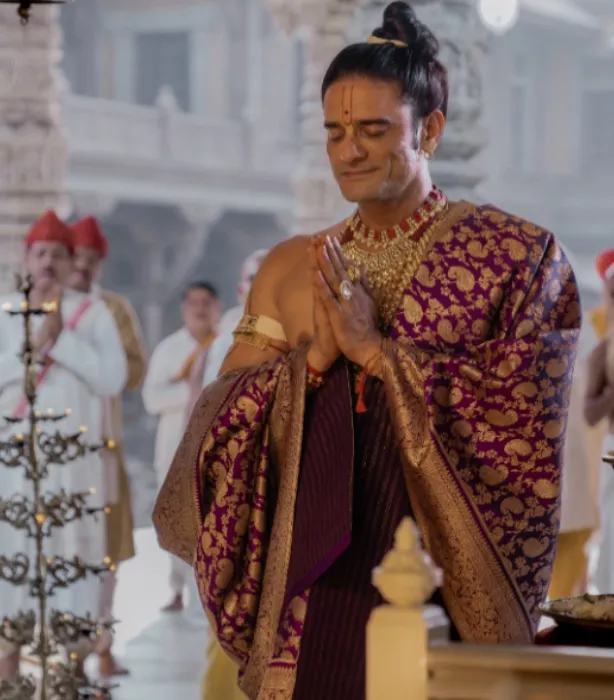
Returning to Siddharth P. Malhotra's film, Maharaj, it has shown the iconic legal case with some creative touches to make it more appealing. For instance, in the movie, it is shown that Jaideep Ahlawat's character, Jadunathji Brijratanji Maharaj touches Karsandas Mulji's wife inappropriately, which motivates him to uncover his dark side. However, as per multiple reports, the chances of this scene being actual are much lower. The movie is available on Netflix, and it will be interesting to see how Junaid's acting career unfolds in Bollywood in the future.

What are your thoughts on the background details of Netflix's Maharaj? Share your views with us.
Also Read: Nargis Dutt And Rajendra Kumar's Story: Intense Fight, Refused To Work Together, Became 'Samdhis'
advertisement
advertisement
advertisement
